On Tuesday, the US Supreme Court heard arguments in the case of Masterpiece Cakeshop, Ltd. v. Colorado Civil Rights Commission. A lot of smoke has been thrown up by people either hostile to religious freedom or solicitous towards the hurt feelings of persons engaged in immorality. This is the factual background:
The owner of Masterpiece Cakeshop, Jack Phillips, is a cake artist who creates custom works of edible art for special occasions such as weddings and birthdays. He serves everyone, no matter their race, sex, religion or sexual orientation. But he cannot create art for events that conflict with his faith. For years, that practice caused no disturbances. But when a couple asked Phillips to create a cake for a same-sex wedding, things got dicey.
He told the requesting couple that he would gladly sell them anything in his store, but designing a custom cake to celebrate a same-sex marriage was not something he could do. Phillips was compelled to decline that request because of his religious conviction that marriage is a husband-wife union — a belief that just two years ago the Supreme Court said is “decent and honorable” and held “in good faith by reasonable and sincere people.”
The Colorado Civil Rights Commission determined that Phillips’s decision to live by his conscience was unlawful and ordered him to “re-educate” his staff on the state’s anti-discrimination law, meaning he must create wedding cakes for same-sex weddings if he creates wedding cakes at all. The commission did this while simultaneously concluding that three other bakers were within their rights when they declined to create cakes bearing biblical messages they found offensive. That anti-religious bias is reason enough for the Supreme Court to reverse the commission’s decision to punish Phillips.
Keep in mind, that at the time when this took place homosexual marriage was neither legal in Colorado nor had Anthony Kennedy yet prowled the nether regions of the emanations and penumbras of the US Constitution and discovered that it was a protected act.
The last paragraph is critical because one of the people on the Colorado Civil Rights Commission, a woman named Diann Rice, had this observation to make during the Colorado Civil Rights Commission’s deliberations:
Revealed: Colo. commissioner compared cake artist to Nazi from ADF Media Relations on Vimeo.
“Freedom of religion and religion has been used to justify all kinds of discrimination throughout history, whether it be slavery, whether it be the Holocaust . . . we can list hundreds of situations where freedom of religion has been used to justify discrimination. And to me it is one of the most despicable pieces of rhetoric that people can use . . . their religion to hurt others.”
Taken as a whole, it is apparent that the Colorado Civil Rights Commission is not interested in civil rights as much as it is interested in punishing viewpoints with which they disagree, particularly in regards to religious persons.
The Wall Street Journal has a good blow-by-blow of the argument. As was expected, you have four solid votes in favor of religious freedom and four solid votes in favor of using the coercive power of the state to impose RightThinkTM upon the citizenry. The fate of Western Civilization again rests on the scrawny, unmanly shoulders of Anthony Kennedy. The same set of shoulders which let Lawrence and Obergefell slip away.
Curiously enough, Kennedy might be the fifth vote in favor of Judeo-Christian tradition. SCOTUSBlog, which leans left, calls the argument this way: Argument analysis: Conservative majority leaning toward ruling for Colorado baker.
…At first, Kennedy seemed to acknowledge the impact that a ruling for the baker could have for gays and lesbians. He told Solicitor General Noel Francisco, who argued on behalf of the United States in support of Masterpiece Cakeshop, that if the baker were to win, he could put up a sign indicating that he would not bake cakes for same-sex couples. That, Kennedy suggested, would be “an affront to the gay community.” (Seriously, I threw up in my mouth at the thought of an adult using that as an argument. Why is their “affront” more special and precious than my “affront.” What kind of douchebaggery is that?)
But later, Kennedy asked Colorado Solicitor General Frederick Yarger, representing the state, about a statement by a member of the Colorado Civil Rights Commission who noted that religious beliefs had in the past been used to justify other forms of discrimination, like slavery and the Holocaust. It is, the commission member contended, “one of the most despicable pieces of rhetoric that people can use their religion to hurt others.” If we thought that at least this member of the commission had based his decision on hostility to religion, Kennedy asked Yarger, could the judgment against Masterpiece stand? Kennedy returned to this idea again a few minutes later, telling Yarger that “tolerance is essential in a free society.” But Colorado, Kennedy posited, hasn’t been very tolerant of Phillips’ religious beliefs in this case.
The Wall Street Journal picked up on the same point:
Justice Kennedy, Seen as Key Vote in Cake Case, Appears Skeptical of Colorado’s Stance
A quick headline here: Colorado is having difficulties in defending how it applied its public accommodations law to the baker.
Justice Anthony Kennedy told a lawyer for the state that tolerance is essential in a free society, but it’s important for tolerance to work in both directions. “It seems to me the state has been neither tolerant or respectful” of the baker’s views, he said.
Justice Kennedy, a moderate conservative who has written major rulings in favor of gay rights, was widely believed to be the key vote in this case. His skepticism of Colorado’s position is not good news for the state. Other conservatives justices also are asking tough questions of the state.
Colorado Solicitor General Immediately Faces Question From Gorsuch
Next to the lectern is Fred Yarger, the Colorado solicitor general, to defend the state’s law.
As soon as he opens his presentation, Chief Justice Roberts interrupts and asks about how the law would apply to a Catholic legal services group that provides free representation. What if someone came in the door and asked the Catholic group to sue Masterpiece Cakeshop? Are they in violation of the law if they refuse?
Mr. Yarger suggested the legal group would be in a different situation than a retail establishment, but the chief keeps pressing and the lawyer says he’s not entirely sure how Colorado law might treat such a situation.
Justice Kennedy is back, raising deep concerns about comments made by one commissioner on the Colorado Civil Rights Commission who said it was “one of the most despicable pieces of rhetoric” for people to use their religion to hurt others. The justice makes clear he’s troubled by the statement and asks if the state disavows it.
Mr. Yarger said he wouldn’t counsel a client to make a statement like that. Pressed further by Justice Kennedy, he then says, yes, he disavows it.
Justice Kennedy and Justice Gorsuch then go on to ask what the court should do with the case if it believed at least some members of the state civil rights commission had demonstrated hostility toward religion.
Mr. Yarger said the commission was not in fact hostile to religion.
There was a lot of given and take on public accomodations and “what if the couple were three-legged red-haired Eskimo gypsies?” Those arguments seemed, in my view, designed by the progressive on the courts to make this a lot more complicated than it has to be. Perhaps this is just my own bias. I’m pretty hostile to the whole “public accomodations” argument so long as the government isn’t the one telling me I can’t serve people because of race or some other factor. I don’t see any difference between the government telling me who I must serve and who I can’t serve. Either way my time and my property are being appropriated by the government. Ultimately, money talks and bullsh** walks and the only person actually harmed by refusing to serve a customer is the person losing the money.
What is shaping up is a very narrow carve out for a small number of cases. But, still, this will staunch the bleeding. And when taken in conjunction with Hobby Lobby and Little Sisters of the Poor and Trinity Lutheran and Hosanna-Tabor it holds a line in favor of Freedom of Religion rather than the Obama-esque Freedom of Worship.
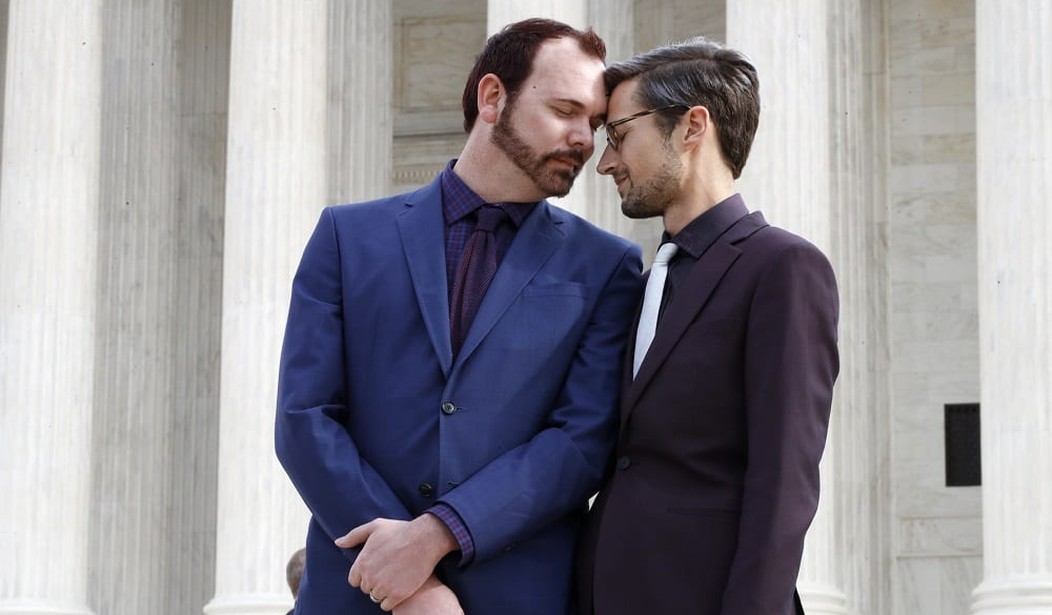
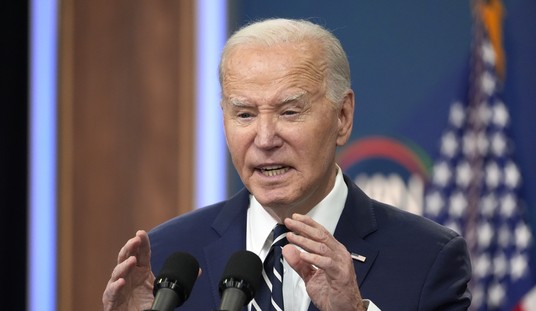
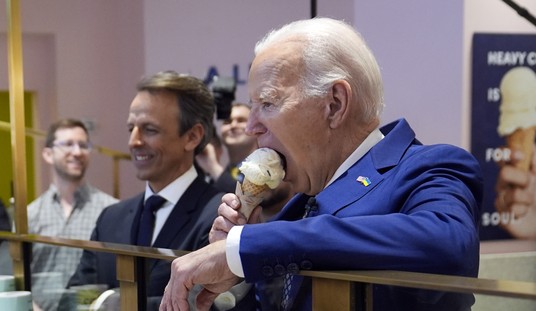

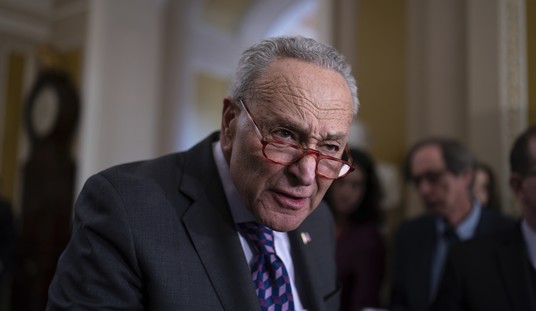
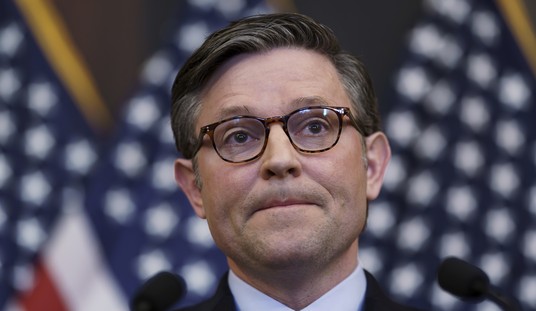

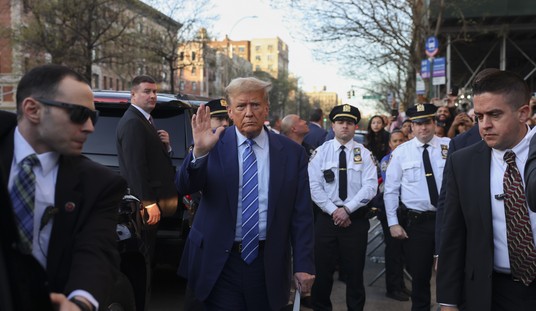

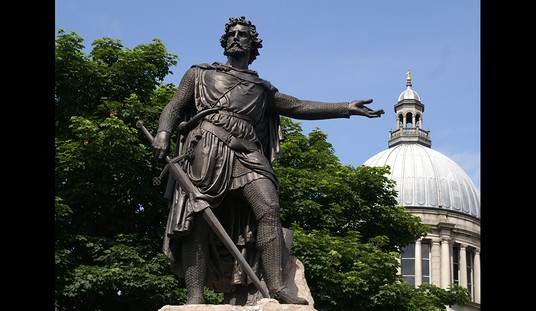



Join the conversation as a VIP Member